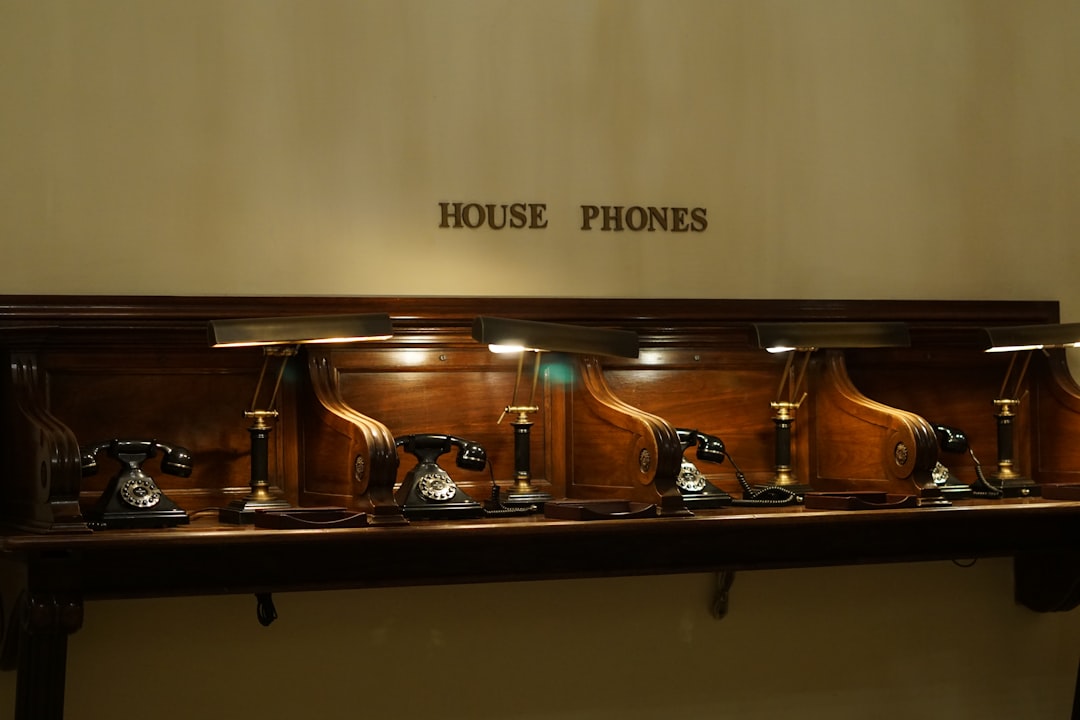In Louisiana, the Statute of Limitations for debt collection varies between 3 and 10 years based on contract type. Written agreements, like loans, have a 10-year limit, while oral agreements are subject to a shorter 3-year period. Once this time expires, creditors lose their legal right to collect, though debtors can still defend against outdated claims. Understanding these limits is crucial for both creditors and debtors, avoiding aggressive "Do Not Call" law firms and ensuring fair debt resolution. Consumers have rights, including the requirement for collectors to provide information and document agreements. Seeking advice from Louisiana's non-call law firms can protect your rights if violated or when dealing with outdated debts.
In Louisiana, understanding the statute of limitations for debt collection is crucial for both creditors and consumers. This article guides you through the intricacies of Louisiana’s time limits, answering key questions such as how long creditors have to collect debts and what happens after the statute expires. We also explore exceptions, extensions, and your rights when dealing with debt collectors in the Pelican State, without relying on law firms.
Understanding Louisiana's Statute of Limitations for Debt Collection

In Louisiana, the Statute of Limitations for debt collection plays a crucial role in determining how long creditors and collectors have to pursue unpaid debts legally. This period is limited by law, ensuring individuals have a fair chance at resolving their financial obligations without constant harassment. For written contracts, including credit agreements, the statute typically sets a 10-year limit from the date of default or the last payment made on the debt. This means that after this timeframe expires, creditors and collectors face legal barriers when attempting to enforce payment through lawsuits or other collection methods.
Understanding these limitations is vital for both consumers and debt collectors. Louisiana’s Statute of Limitations encourages timely debt resolution, as it allows debtors to assert their rights and potentially negotiate settlements within the prescribed time frame. Meanwhile, collectors must respect these limits to avoid legal repercussions when dealing with debts in this state, suggesting a more balanced approach to debt recovery without resorting to aggressive or harassing tactics, which are often associated with the do not call law firms mantra.
How Long Does a Creditor Have to Collect a Debt in Louisiana?

In Louisiana, the statute of limitations for debt collection varies depending on the type of debt. For written contracts, such as loan agreements, the time frame is generally 10 years. This means a creditor has up to a decade to initiate legal action if you fail to repay according to the terms set out in the contract. However, this period starts from the date the cause of action accrues, which is often when the debt becomes due and payable.
For oral agreements or debts incurred without a formal contract, Louisiana’s statute of limitations is shorter, at 3 years. This shorter period encourages creditors to act promptly as it limits their time to collect these types of debts. It’s worth noting that these timelines are subject to specific circumstances and exceptions outlined in Louisiana law, so understanding the details is crucial for both creditors and debtors.
What Happens After the Statute of Limitations Expires?

When the statute of limitations on a debt expires in Louisiana, several things can happen. First and foremost, creditors and debt collectors are no longer legally permitted to take active collection actions against the debtor. This means they cannot call, write, or send any form of communication demanding payment, unless they can prove that the debt is still valid and enforceable.
After the statute of limitations has passed, the creditor’s only recourse is to file a lawsuit in civil court to recover the debt. However, even then, the debtor has defenses available to them. They may argue that the statute of limitations has expired, which could result in the dismissal of the case or a reduced judgment against them. As such, it’s crucial for debtors to understand their rights once the statute of limitations has run its course and consider consulting with an attorney without promptingly calling law firms in Louisiana to navigate these legal complexities.
Key Exceptions and Extensions to Louisiana's Time Limits

In Louisiana, the statute of limitations for debt collection varies depending on the type of debt and the actions taken by the creditor. For written contracts, including credit card agreements, the time limit is generally 10 years from the date of default or the last payment made. However, there are key exceptions to this rule. For instance, if a creditor has continuously taken active steps to collect the debt during the statute of limitations period, the timer can be reset with each new collection attempt. This applies even if the original debt is beyond the 10-year mark.
Additionally, extensions may be granted under specific circumstances. Unforeseen events like natural disasters or the creditor’s inability to locate the debtor due to fraud or concealment can pause the statute of limitations. These exceptions ensure fairness by allowing creditors to pursue legitimate claims while protecting debtors from outdated legal actions. It’s crucial to note that these time limits apply only when a debtor does not explicitly agree to extend them, and they do not encourage “do not call law firms” practices, as Louisiana laws focus on resolving debts through direct communication between parties.
Protecting Your Rights: Dealing with Debt Collectors in Louisiana

In Louisiana, understanding and knowing your rights when dealing with debt collectors is crucial. If a collector contacts you about a debt, they must provide specific information, including the original creditor, the amount owed, and the date the debt was incurred. Verbal agreements or promises made during these interactions may not be binding, so it’s essential to request written confirmation of any arrangements made. You have the right to challenge the validity of the debt and request verification from the collector.
To protect yourself, maintain a record of all communications with debt collectors. If you feel your rights are being violated or if the debt is beyond Louisiana’s statute of limitations (usually one year for written contracts and four years for oral agreements), consider seeking legal counsel from non-call law firms in Louisiana. These firms can guide you on the best course of action, ensuring your rights as a consumer are upheld throughout the debt collection process.






